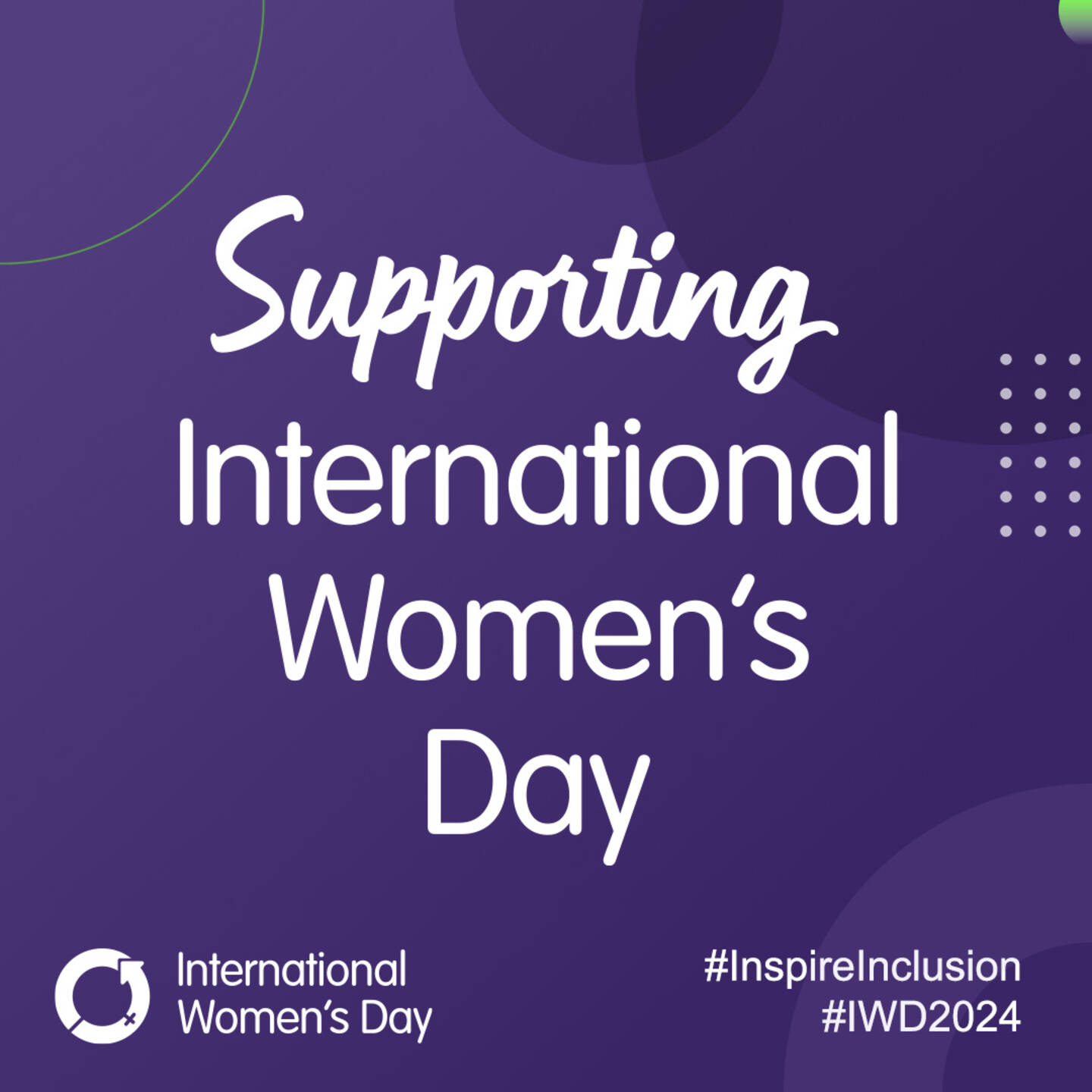Inspiring inclusion on International Women’s Day
Today Activity Alliance highlights some of the barriers disabled women face when trying to be active, and some brilliant examples that address them.

The most recent census for the UK showed that 26% of women are disabled, this represents 8.7 million people.
As our Annual Disability and Activity Survey (ADAS) Demographic report showed gender plays a key role in how people participate and experience being active.
Disabled women (37%) are less likely to feel they are given the opportunity to be as active as they want to be compared to 48% of disabled men, 62% of non-disabled women and 78% for non-disabled men.
They are also more likely to be inactive compared to disabled men, as Sport England’s Active Lives survey showed.
On International Women’s Day, that this year asks everyone to ‘inspire inclusion’, we highlight these findings to show that much more needs to be done for disabled women in sport and physical activity.
Offer sessions for people that are uncomfortable mixing with others. For people that feel embarrassed to be in a gym knowing they aren't fit and don't want to feel judged by others.
Female Annual Disability and Activity Survery participant
We know that disabled women are twice as likely as men to be active at home using online or digital tools (28% vs 14% of disabled men). They are also twice as likely to be active indoors at leisure or sports clubs (28% vs 14% of disabled men).
That’s why it is key to take a person-centred approach when planning and providing opportunities. Many organisations group inactive audiences by standard demographics. This can lead to assumptions about their behaviour, motivations and barriers to being active.
The concept of intersectionality is key in relation to disabled people and how this can influence their activity levels. You can download our online resource to help organisations here.
Disabled women are more likely than disabled men to say a lack of confidence prevents them from being active. Programmes such as Get Out Get Active (GOGA) work hard to address this, supporting disabled and non-disabled people to enjoy being active together.
Allyson Irvine is one of thousands of people who have benefited from GOGA. She enjoys Nordic Walking, something that without the programme she would never have tried.
You can hear her discuss the benefits of being active, and finding something that was right for her on the latest Active Together podcast.
https://www.youtube.com/watch?v=XfmtPKOYt3Y
On International Women's Day we need everyone to recognise the need for fairness for disabled women in sport and activity. We'll continue our work to fight for a nation where everyone can be active however and wherever they want to be.